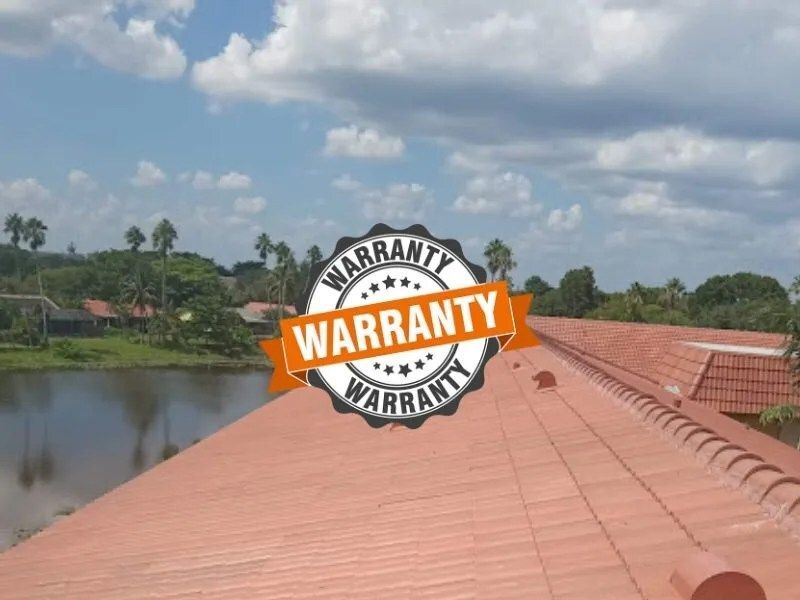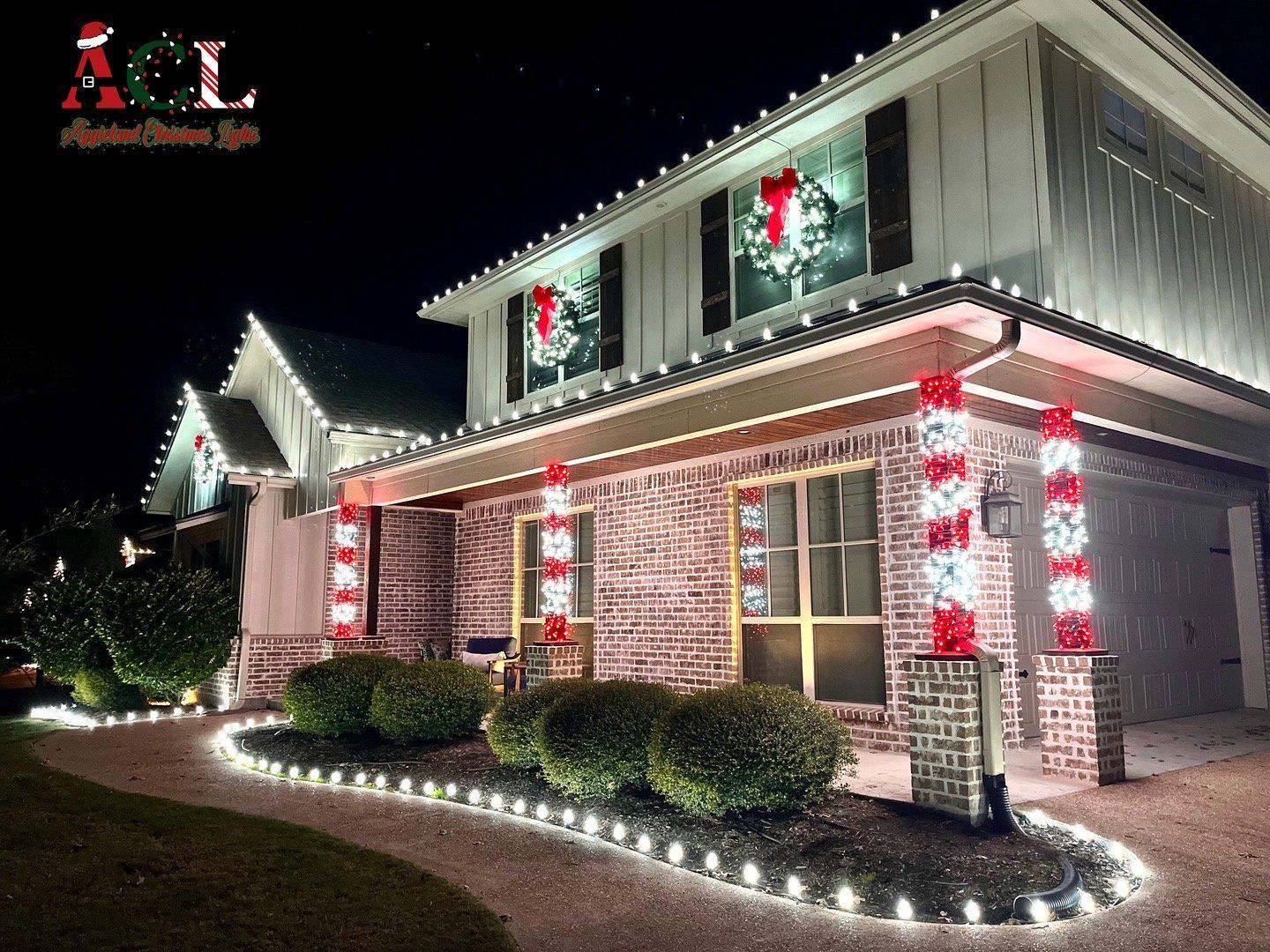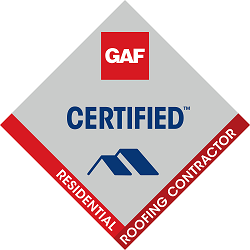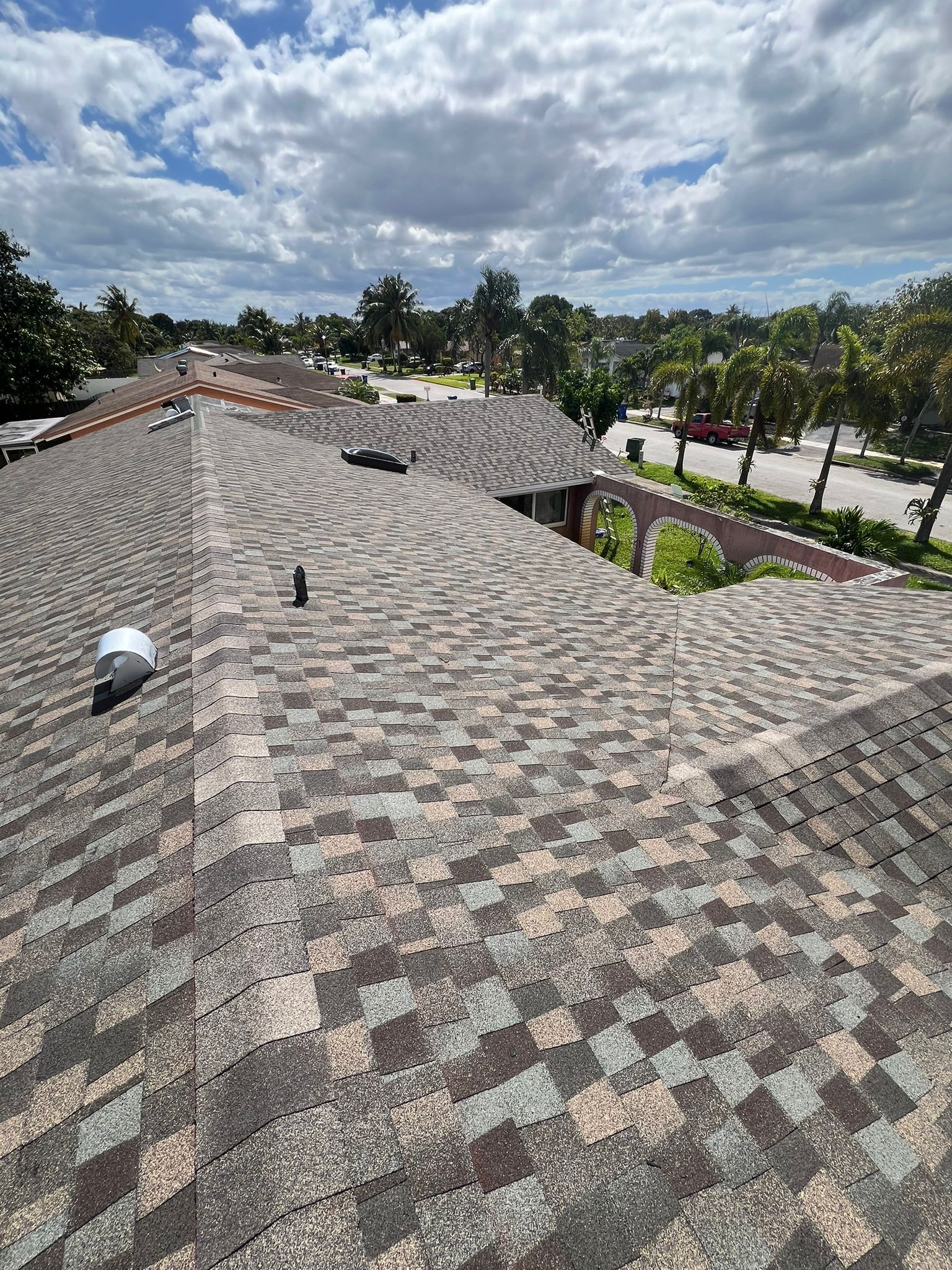Call Us Today!
Call Us Today!
Definitive Roofing Warranty Guide: Understanding Your Coverage

When it comes to investing in a new roof for your home, it’s important to fully understand roofing warranties. These warranties are a key factor to consider when choosing a roofing contractor and selecting the right materials for your project. In this guide, we will delve into the topic of roofing warranties, providing you with in-depth knowledge of what they cover, how they work, and how you can make the most of them. So get ready to become an expert in roofing warranties. Let’s get started!
What are roofing warranties?
Roofing warranties are contracts offered by the manufacturer or roofing contractor to cover certain issues or defects in the product or installation for a specific period of time. These warranties provide additional protection in case of problems that may arise after the installation of your new roof.
It’s important to note that there are different types of roofing warranties, and each has specific terms and conditions. Some warranties may only cover defects in materials, while others may also include labor.
Types of roofing warranties
Manufacturer warranties
Most roofing manufacturers offer limited warranties that cover defects in the materials used in roof manufacturing. These warranties usually have a set time period, ranging from 10 to 50 years, depending on the type of material and the manufacturer.
It’s important to carefully read the terms and conditions of the manufacturer warranty, as there are usually certain limitations and exclusions. Some warranties may not cover damages caused by extreme weather conditions or improper installation.
Contractor warranties
In addition to manufacturer warranties, many roofing contractors also offer their own warranties. These warranties may cover additional aspects, such as defects in installation or problems related to labor. Usually, these warranties have a shorter time period than manufacturer warranties, typically between 1 and 10 years.
It’s important to note that some contractor warranties may be transferable, meaning they can be transferred to new owners in case you sell your home. This can be an additional advantage if you plan to sell your property in the future.
What do roofing warranties cover?
Roofing warranties can vary in what they cover and the limitations they have. Some warranties may only cover defects in materials, while others may also include labor. Here are some common things that may be covered by a roofing warranty:
- Defects in materials used in the roof.
- Leaks or roof leaks.
- Problems related to installation.
- Damages caused by extreme weather conditions, such as strong winds or hail.
It’s important to carefully read the terms and conditions of your roofing warranty to understand exactly what is covered and how to file a claim in case any issues arise.
How to file a roofing warranty claim?
If you experience an issue covered by your roofing warranty, it’s important to follow the proper process to file a claim. Here are a few steps you can take:
- Gather documentation: Collect all documents related to your roofing warranty, including any installation invoices and any written communication with the manufacturer or contractor.
- Contact the manufacturer or contractor: Get in touch with the roofing manufacturer or contractor to inform them of the problem you’re experiencing. Provide all relevant information and make sure to follow any specific procedures outlined in your warranty.
- Allow inspection: The manufacturer or contractor may want to inspect your roof to assess the problem. Schedule an appointment and provide secure access to your property.
About Us
We are a full-service roofing company. We are licensed and insured as a roofing contractor and roofing company and are passionate about the work we do! We’re not just there to get the job done – we take pride in what we do.
Are You On A Tight Budget And Need Financing For Work On Your Home?






BUSINESS HOURS
Monday - Friday: 7:30 AM- 6:00 PM
Saturday: 10:00 AM- 5:00 PM
Sunday: Closed






